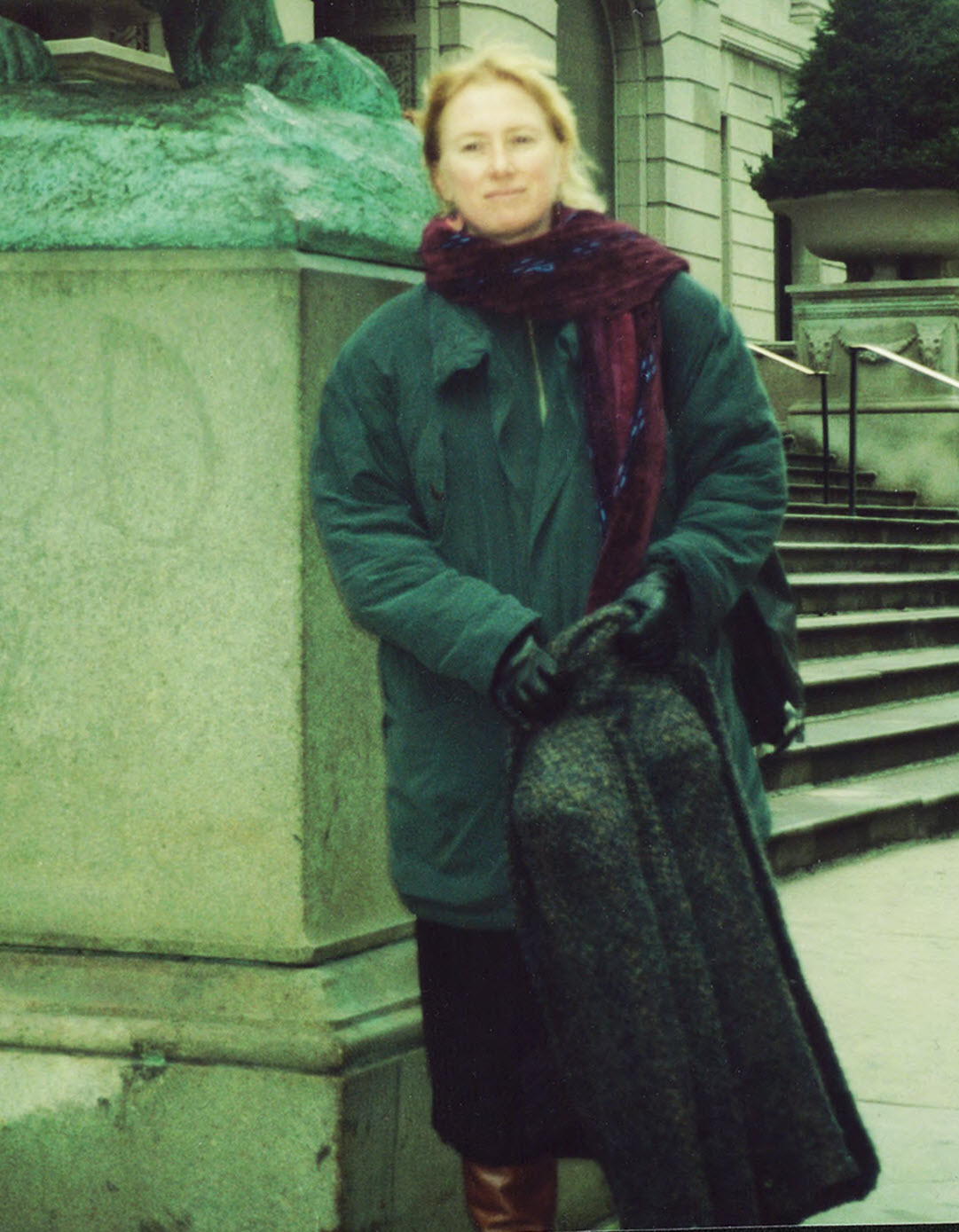Document Type
Dissertation
Publication Date
10-1989
Abstract
This thesis examines the role of religion— both liberal and evangelical Protestantism— in the development of a feminist political theory in America during the nineteenth century and how that feminist theory in turn helped to transform American liberalism. Chapter 1 looks for the genesis of women's rights language, not in the republican rhetoric of the Founding Fathers, but in the teachings of liberal Protestantism and its links with laissez-faire economic theory. The antebellum understanding of rights is shown to have encompassed social and civil rights alike, and to have arisen from a vision of the mutual benefits that derived from the individual's duties within the family and community. Chapters 2 and 3 examine the development of liberal feminism in the post-civil War period, focusing especially on the thought of Elizabeth Cady Stanton. Stanton was a classic liberal whose particular concern was with women's bodily autonomy and with self-government as the basis for citizenship. As a result of her efforts, it is argued, debates about liberalizing divorce laws, marital abuse, voluntary motherhood, and prostitution helped to widen the definition of liberalism to include a new zone of privacy, and to forge a consensus by the late-nineteenth century that the liberal individual was autonomous in personal as well as civil life, with rights extending to privacy of the body and freedom from physical coercion even within the home. Chapters 4 and 5 focus on the Woman's Christian Temperance Union, evangelical feminists who made common cause with progressive reformers in addressing the problems of industrialization. The WCTU's vision of the maternal state, it is contended, especially as developed in the thought of its president Frances Willard, extrapolated the Christian obligation to care for others to the state, conceived of as a maternal and compassionate institution. The maternal state thus foreshadowed the welfare state, though with a vision of communal rights radically at odds with liberalism's. The WCTU's religious philosophy both enabled it to conceive of a welfare state and moved it to work toward the establishment of a theocratic state that contained the potential for the infringement of individual liberties as well as the protection of economic interests.
Recommended Citation
Elizabeth B. Clark,
The Politics of God and the Woman's Vote: Religion in the American Suffrage Movement, 1848-1895
(1989).
Available at:
https://scholarship.law.bu.edu/clark_pubs/3



